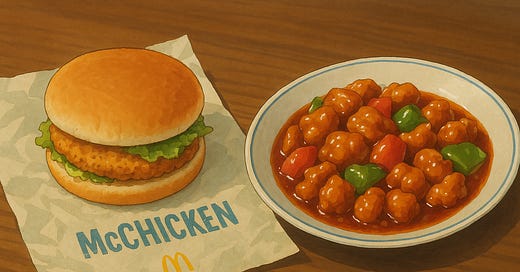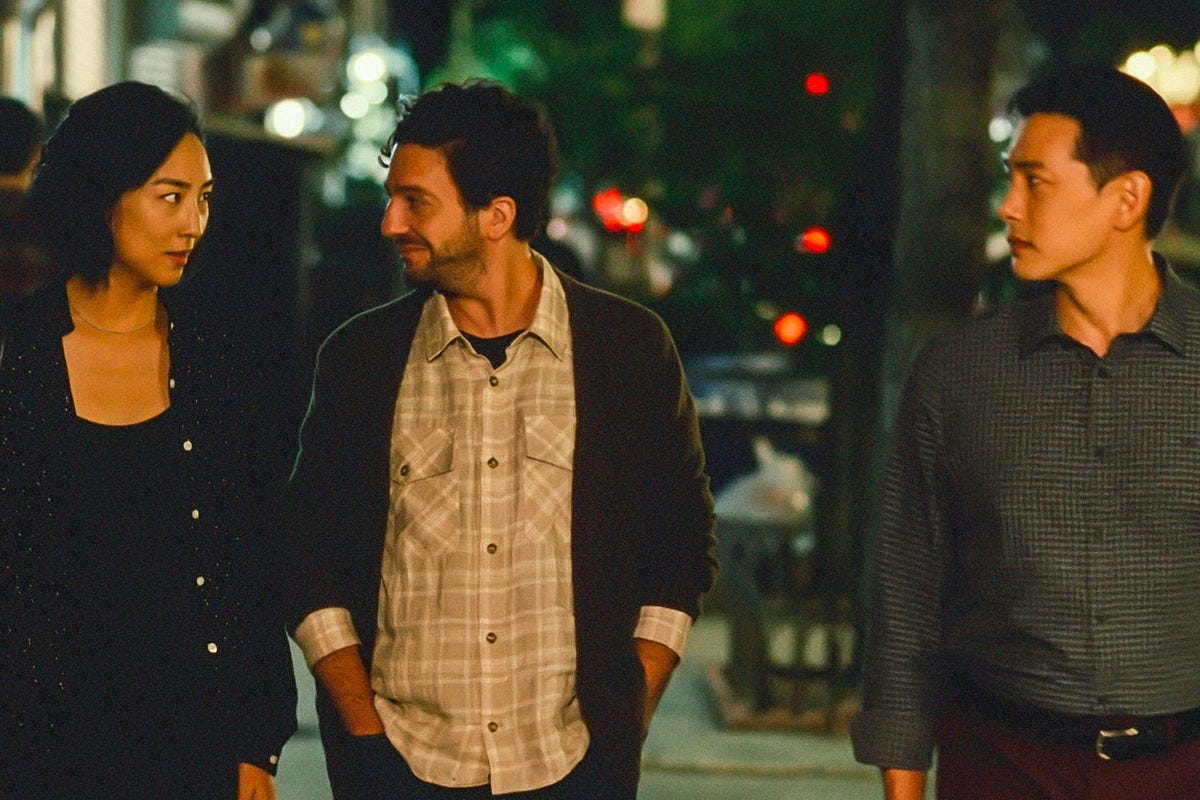disclaimer: this post is not victim blaming white men and asian women, it’s to analyze a pattern that is happening and the media forces at play contributing to interracial marriages of this kind historically
one of my friends told me that his friend has a discord group that counts how many white male asian female (WMAF) couples they see. the current number is at ~8700
clearly this is a phenomenon that’s not just a coincidence and there must be other forces involved now
so in this post i shall investigate
during the 1950s american soldiers were stationed in japan. they spent their down time being entertained by japanese women, and naturally as a result they brought back japanese war brides (brides brought back following a war). in fact they brought so many that this was the largest immigration of asian women into the U.S.
in the film sayonara they show the backlash american soldiers faced when this happened, the cultural resistance from the U.S. out of fear. there were questions of 'what will our children even look like?' because wasians were completely unheard of at the time. there was a filmmaker, lucy craft, that came last semester and talked about her mom's story as a war bride in her short documentary. she talked about how these war brides were looked down on and misunderstood for what they did, called prostitutes and berated for taking 'advantage of the men.' however, this was the case on both sides. the men were also looked down on for bringing back a wife from another country. one of the war brides in the documentary talks about how she came during a time of segregation in the U.S., and because she couldn't sit with the whites or the blacks on the bus, she sat in the middle of the bus.
a portion of the war brides came because they were very poor and wanted a better life. a subset of them (definitely not all of them) were prostitutes so unfortunately, this started the stereotype that asian women are prostitutes. this stereotype was furthered in the world of suzie wong, where the main actor, nancy kwan, plays as a prostitute.
then eventually in the 70s, bruce lee came to prominence, shocking the world with his martial arts films that completely shattered the prior belief of asians in cinema in the U.S. he marries a white woman, and to the media reacts strongly…
more recently, past lives portrays the loss of culture, showing the main character reunite with her childhood korean best friend and follows her complex emotions as she navigates her relationship with her white boyfriend.
similar discourse is mentioned in amy chua's battle hymn of the tiger mom and in ali wong's memoir dear girls in which they both face internal conflict when marrying or considering marrying a white man.
“A tiny part of me regrets that I didn’t marry another Chinese person and worries that I am letting down four thousand years of civilization. But most of me feels tremendous gratitude for the freedom and creative opportunity that America has given me. My daughters don’t feel like outsiders in America. I sometimes still do. But for me, that is less a burden than a privilege.”
-Amy Chua
"Asian men are also extremely attractive. I grew up in San Francisco where there were plenty of Asian men to choose from. There are Asian American women who proudly proclaim they do not date Asian men. They are not just snobs, but probably grew up way too isolated from fellow Asian Americans and believe the same stereotypes about us that mainstream America does: That we are boring; that we are great at STEM but not so great at anything involving creativity and actual excitement. But I am an Asian woman with an Asian fetish for Asian men."
-Ali Wong
at the end of the short film screening of japanese war brides, the filmmaker concludes by saying "white men and asian women fulfill each other in ways that continually line up out of our control."
it's crazy that in less than a century we moved from asking 'what would our children even look like' to wasians now being cool in media like lola tung to mitski to eileen gu. though in the short term there’s many issues with diversity and equity, this slow change makes me hopeful for other avenues of progress in the world and the impact we can make through media.









I really enjoyed this !!